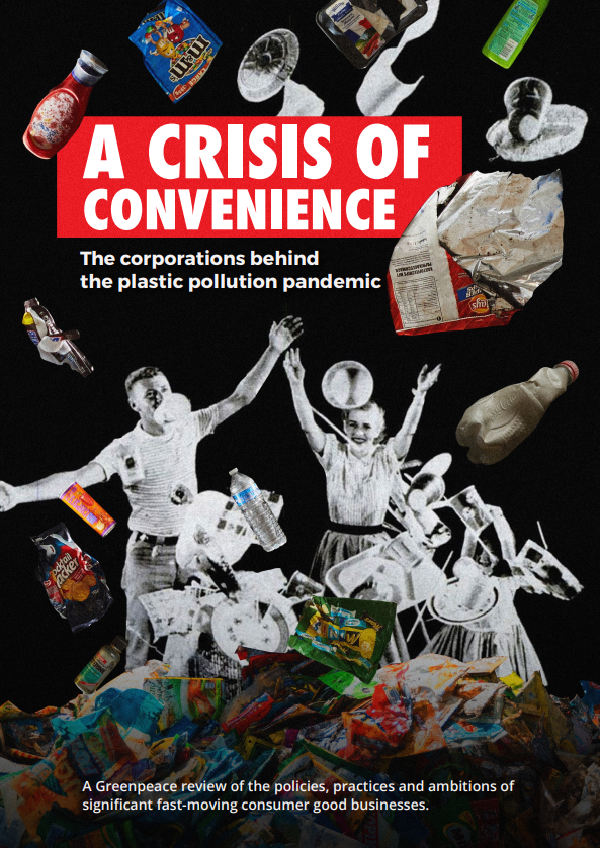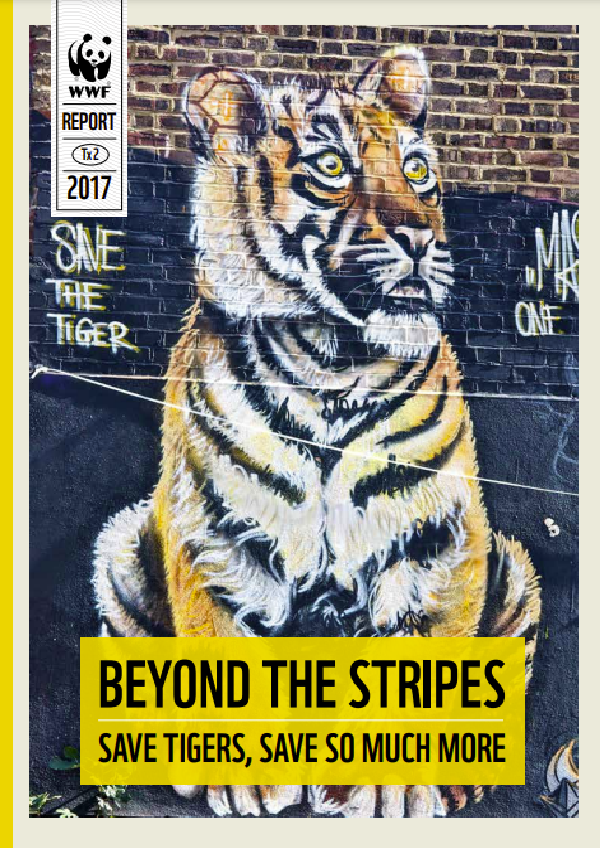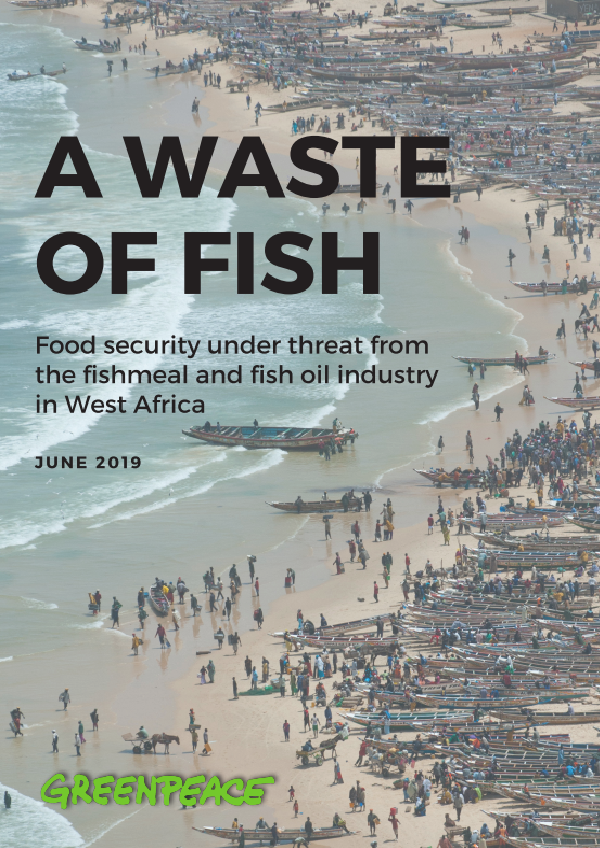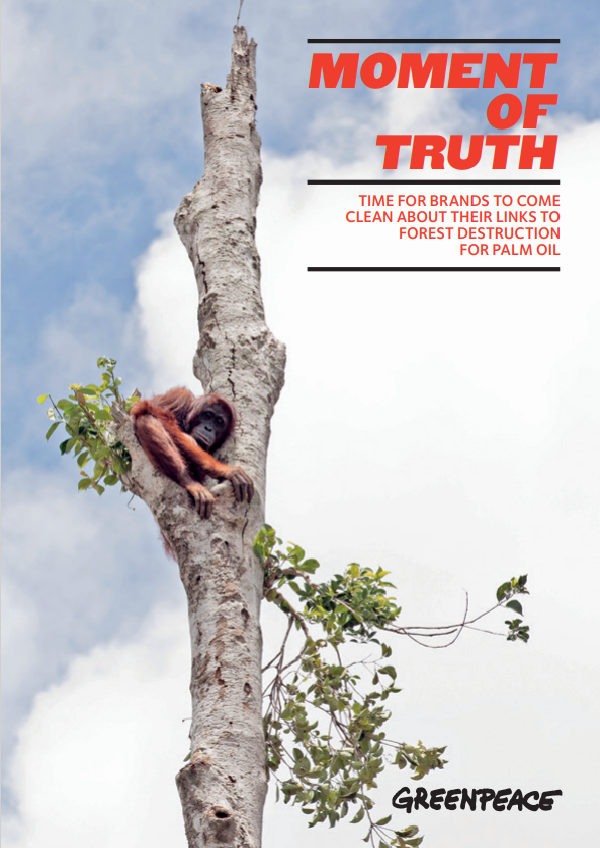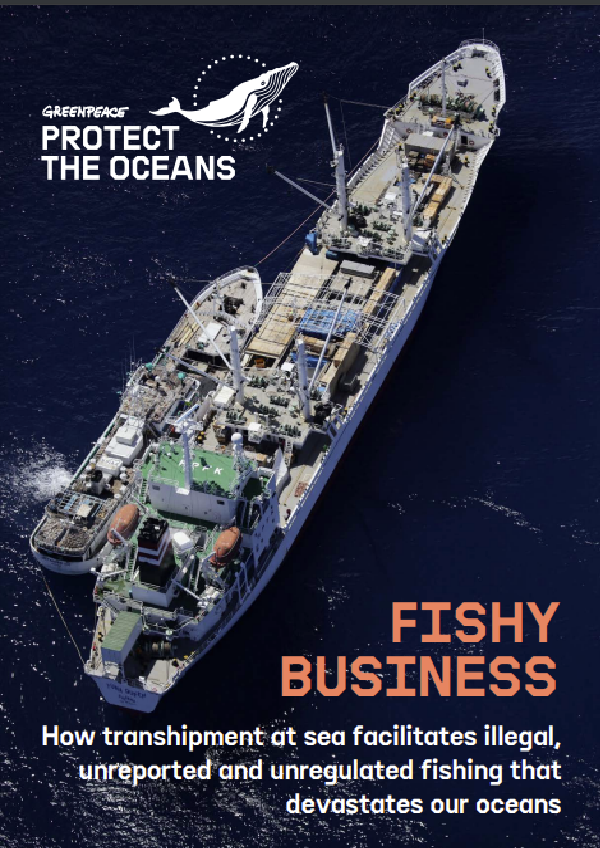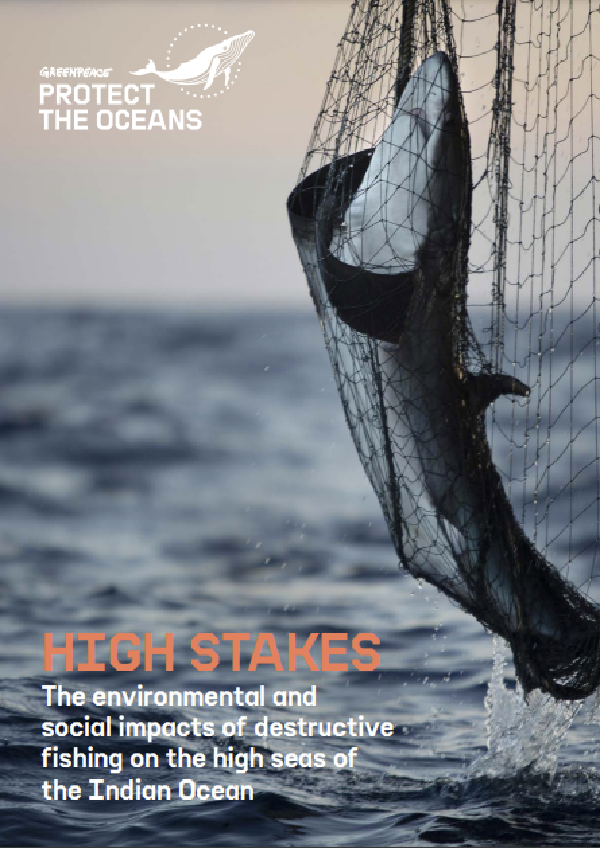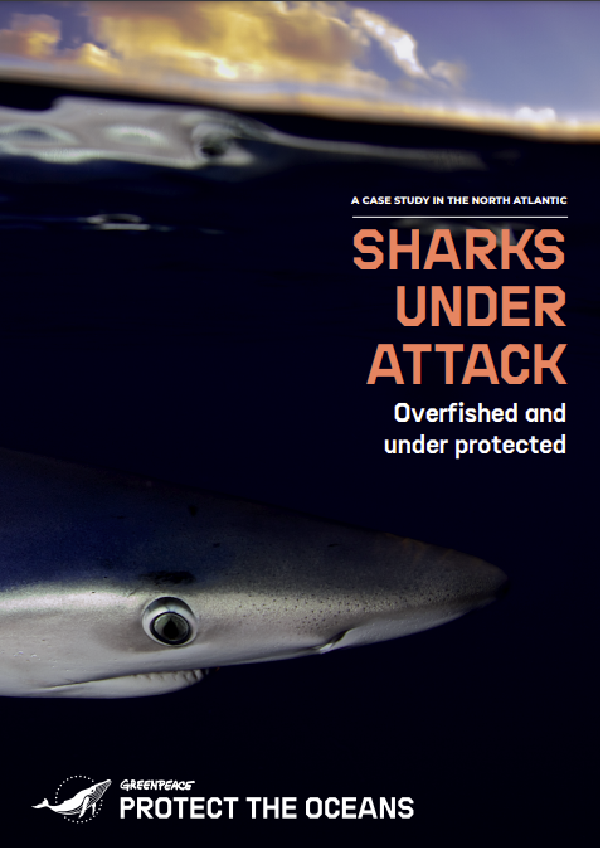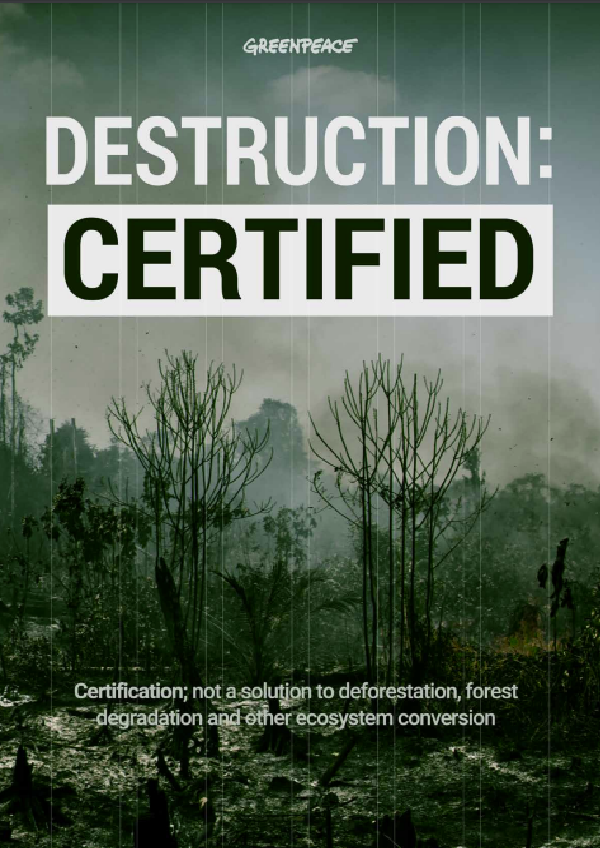Fast-moving consumer goods (FMCG) corporations are a predominant force behind the throwaway economic model driving the plastic pollution crisis. This report looks to determine the degree to which FMCG commitments, actions, and performance are addressing the environmental and social impacts of their plastic packaging and waste.
The plastic pollution crisis has become increasingly visible in recent years; shocking images of choked wildlife and piles of plastic waste in our communities and ecosystems have intensified public concern. Yet individuals might feel that it is almost impossible to avoid creating plastic waste, even when shopping for basic needs such as food. Whether we like it or not, the throwaway lifestyle is taking hold around the world – and most of the plastic packages that fill our bins and landfills, our communities, rivers, and oceans come from large companies selling ‘fast-moving’ consumer goods. Forty percent of all plastics made in 2015 were used in packaging, the largest of all markets for plastics. The promotion of branded products – food, drink, cosmetics, and cleaners – in one-way packaging, is one of the drivers of mass production, and over-consumption and is significantly contributing to the plastic pollution crisis.
The sight of rivers, oceans, and communities overwhelmed with plastic waste has become a shocking – and all too common sight. The logos and images of big consumer brands – clearly visible in this tsunami of disposable plastic – show where the responsibility lies. These brands – with their throwaway packaging – are promoting and perpetuating our modern throwaway lifestyles that are driving mass production and overconsumption. Now we are facing the evidence that “convenience” has an unacceptable cost; the health of our ecosystems and the living beings that depend on them.
Every minute of every day, the equivalent of one truckload of plastic enters the sea, with plastic packaging being one of the highest contributors to the global plastics waste stream. Each one of these packages – made to stand out from the crowd and win brand loyalty – is designed to be used once and thrown away, with little or no thought for the consequences. Now, as these companies look to expand in new markets, they are selling ever more individual units of small, single portions in plastic sachets that are not even possible to recycle.
Accountability – the first step towards a solution
The brands driving the growth in single-use plastics – the world’s biggest fast-moving consumer goods (FMCG) companies – are not being held accountable for the growing crisis associated with the production, consumption, disposal, and often pollution of single-use plastics. These companies are responsible for the majority of the throwaway products which sustain our modern “disposable” lifestyle and are the creators of much of the plastic pollution that has led to this crisis, yet even basic information about these companies’ operations, production trajectory, and true plastic footprint is lacking.
For this report, Greenpeace US sent a comprehensive survey to eleven of the largest FMCG companies. The responses show that despite commitments to reduce plastic waste through more recycling, there is no plan to truly address their plastics problem, that would put the brakes on the growing production and marketing of single-use plastics.
Key findings
The most concerning finding are that no company shared specific plans or commitments to reduce the total amount of single-use plastic items they are producing. There is also a basic lack of transparency undermining the credibility of any commitments. This is compounded by misleading claims from some that their packaging is “reusable” and not “single-use packaging” when it contains more than one portion.
• No commitments to phase out single-use plastic packaging
• No company surveyed has a commitment to phase out single-use plastic, or clear targets to reduce the number of single-use plastic items they are producing.
• Every single corporate commitment made by the companies allows the use of single-use plastic packaging to continue to grow.
• All companies are wedded to a single-use packaging mindset; the solutions being explored are mainly on recyclability or recycling – which are not sufficient to address the plastics pollution crisis on their own.
• Increasing amounts of single-use plastic packaging
• Most FMCG companies are increasing the amount of single-use plastic used: all but one company reported an increase or steady-state of single-use plastic.
• Companies do not or are not able to reveal their plastic footprint • None of the companies have provided full details on their plastics footprint, although many say they plan to do so in the future.
• None of the companies surveyed know the ultimate fate of their packaging, meaning they do not know if it will continue to feed potential eco-dumping through the global waste trade.
Source: Greenpeace (http://www.greenpeace.org)
